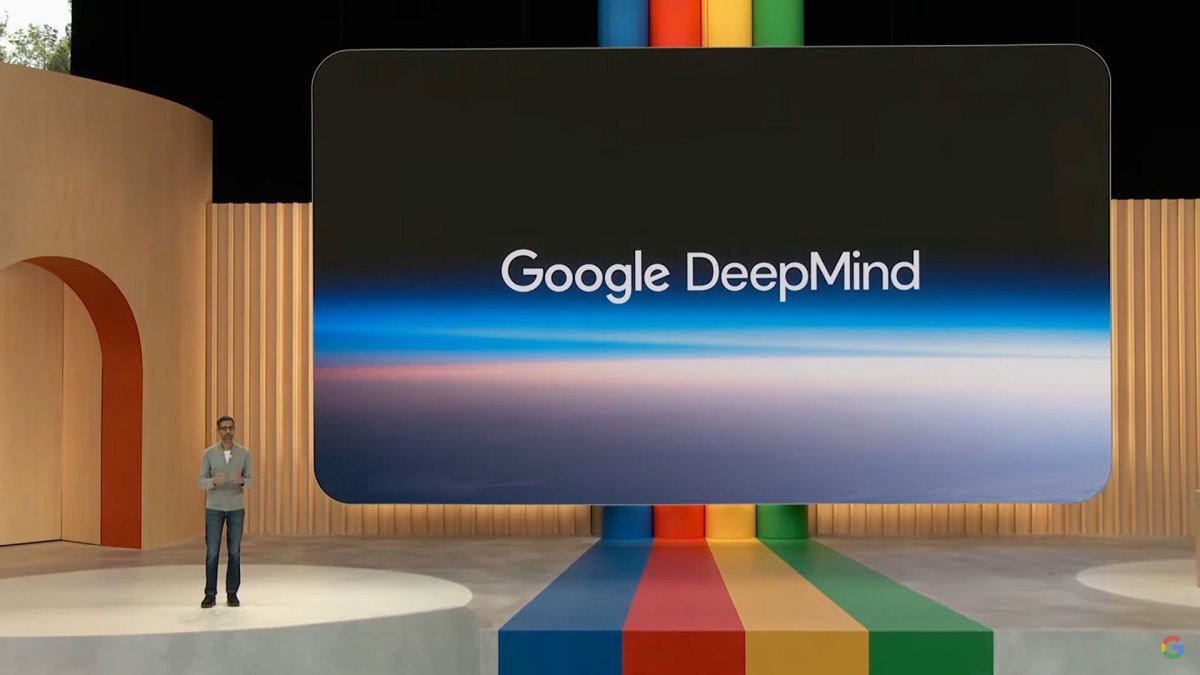Funding & Business
Google says its AI-based bug hunter found 20 security vulnerabilities

Google’s AI-powered bug hunter has just reported its first batch of security vulnerabilities.
Heather Adkins, Google’s vice president of security, announced Monday that its LLM-based vulnerability researcher Big Sleep found and reported 20 flaws in various popular open source software.
Adkins said that Big Sleep, which is developed by the company’s AI department DeepMind as well as its elite team of hackers Project Zero, reported its first-ever vulnerabilities, mostly in open source software such as audio and video library FFmpeg and image editing suite ImageMagick.
Given that the vulnerabilities are not fixed yet, we don’t have details of their impact or severity, as Google does not yet want to provide details, which is a standard policy when waiting for bugs to be fixed. But the simple fact that Big Sleep found these vulnerabilities is significant, as it shows these tools are starting to get real results, even if there was a human involved in this case.
“To ensure high quality and actionable reports, we have a human expert in the loop before reporting, but each vulnerability was found and reproduced by the AI agent without human intervention,” Google’s spokesperson Kimberly Samra told TechCrunch.
Royal Hansen, Google’s vice president of engineering, wrote on X that the findings demonstrate “a new frontier in automated vulnerability discovery.”
LLM-powered tools that can look for and find vulnerabilities are already a reality. Other than Big Sleep, there’s RunSybil, and XBOW, among others.
Techcrunch event
San Francisco
|
October 27-29, 2025
XBOW has garnered headlines after it reached the top of one of the U.S. leaderboards at bug bounty platform HackerOne. It’s important to note that in most cases, these reports have a human at some point of the process to verify that the AI-powered bug hunter found a legitimate vulnerability, as is the case with Big Sleep.
Vlad Ionescu, co-founder and chief technology officer at RunSybil, a startup that develops AI-powered bug hunters, told TechCrunch that Big Sleep is a “legit” project, given that it has “good design, people behind it know what they’re doing, Project Zero has the bug finding experience and DeepMind has the firepower and tokens to throw at it.”
There is obviously a lot of promise with these tools, but also significant downsides. Several people who maintain different software projects have complained of bug reports that are actually hallucinations, with some calling them the bug bounty equivalent of AI slop.
“That’s the problem people are running into, is we’re getting a lot of stuff that looks like gold, but it’s actually just crap,” Ionescu previously told TechCrunch.
Funding & Business
Trafigura Oil Head Says Assets Support Profit as Rivals Struggle

Trafigura Group’s recent investments in refineries and distribution assets have helped support its oil business, even as rivals saw their profitability slide, according to the trader’s head of oil, Ben Luckock.
Source link
Funding & Business
Singapore to Announce Shareholder ‘Value Unlock’ Plans This Year

Singapore plans to unveil details of a “value unlock” package later this year, as the government takes further action to boost interest in its stock market.
Source link
Funding & Business
Market Rally Can Continue 'for a While,' JPMorgan Asset Management Says

Julio Callegari of JPMorgan Asset Management says stocks and bonds can continue to rally “for a while” due to the “Goldilocks” environment. Callegari discusses the market outlook on Bloomberg Television. (Source: Bloomberg)
Source link
-

 Business2 weeks ago
Business2 weeks agoThe Guardian view on Trump and the Fed: independence is no substitute for accountability | Editorial
-
Tools & Platforms1 month ago
Building Trust in Military AI Starts with Opening the Black Box – War on the Rocks
-

 Ethics & Policy2 months ago
Ethics & Policy2 months agoSDAIA Supports Saudi Arabia’s Leadership in Shaping Global AI Ethics, Policy, and Research – وكالة الأنباء السعودية
-

 Events & Conferences4 months ago
Events & Conferences4 months agoJourney to 1000 models: Scaling Instagram’s recommendation system
-

 Jobs & Careers2 months ago
Jobs & Careers2 months agoMumbai-based Perplexity Alternative Has 60k+ Users Without Funding
-

 Podcasts & Talks2 months ago
Podcasts & Talks2 months agoHappy 4th of July! 🎆 Made with Veo 3 in Gemini
-

 Education2 months ago
Education2 months agoMacron says UK and France have duty to tackle illegal migration ‘with humanity, solidarity and firmness’ – UK politics live | Politics
-

 Education2 months ago
Education2 months agoVEX Robotics launches AI-powered classroom robotics system
-

 Funding & Business2 months ago
Funding & Business2 months agoKayak and Expedia race to build AI travel agents that turn social posts into itineraries
-

 Podcasts & Talks2 months ago
Podcasts & Talks2 months agoOpenAI 🤝 @teamganassi



















